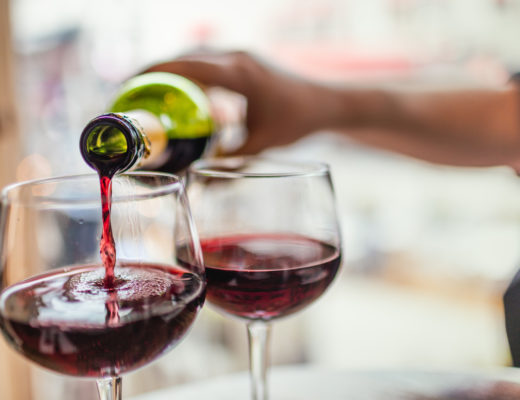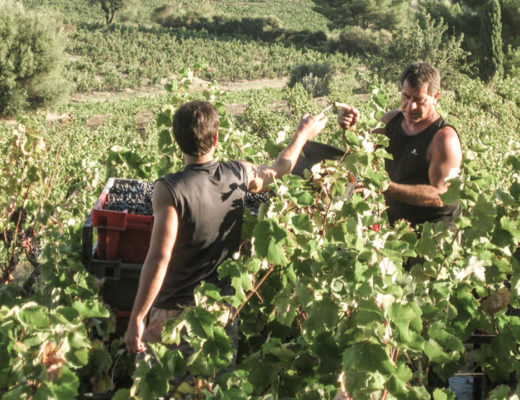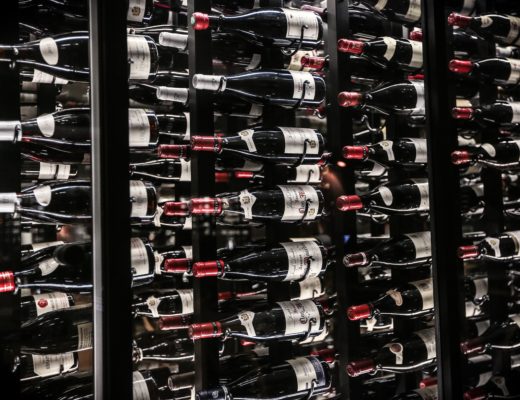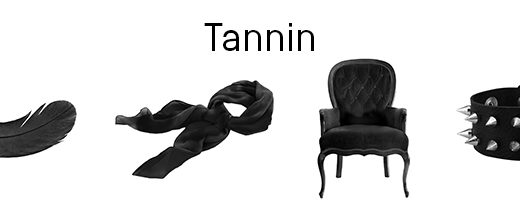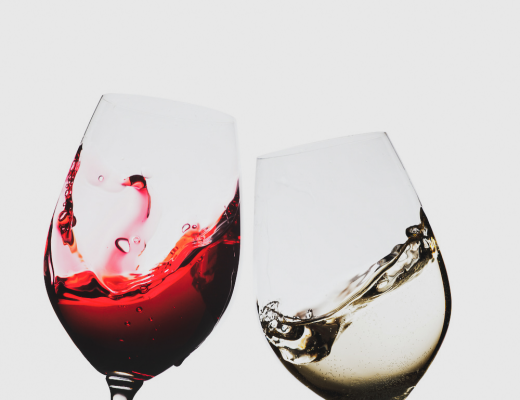There are times when fine wine seems to be almost a little magical. Kept in endless rows in dark, murky cellars beneath castles, there’s a real sense of mystery and wonder about it… and nothing excites a wine lover like walking down into a magnificent wine cellar, and gazing at the bottles which lie there, waiting for their time to shine.
We’re all aware that some wines are aged for often incredibly long periods of time, even being handed down through generations and saved for decades before being opened or sold. But what exactly is the aging process, and why do people keep hold of their wines for so long? After all, isn’t wine intended for drinking, rather than locking away beneath your house?
What Exactly is Aging?
Essentially, aging or ‘cellaring’ wine involves taking a wine that you’ve bought, and keeping it safely in a cool, dark room for many years. It’s a common practice in every great wine country on earth, and it serves a very important purpose. As wine sits in the dark, it gradually improves: the tannins and acids mellow, the rougher edges are smoothed away, and eventually it reaches a truly impressive peak, wherein its full potential manifests itself.
When it comes to aging wines, there is plenty of confusion out there regarding which wines should be aged, which should be drunk fresh and young, and how exactly the aging process works. Let’s take a closer look at these issues, and clear up any doubts surrounding the cellaring process.
Why Do People Age Their Wine?
The wine industry adores the idea of aging and cellaring wine. Why? Because the idea of collecting and drinking very old wines, which have been hidden away for decades, has a romantic appeal – and as such, has great marketability. People love to buy wines which were bottled during a significant year of their lives; perhaps their birth year, or which were bottled in the year in which they were married, for example. Top collectors may even look for wines older than they are, as these have a similar appeal to a well-made piece of antique furniture, and hark back to a time which we imagine to be better, or simpler, or during which winemaking was experiencing a golden age.
Wines which were made with the intention of being aged eventually release flavors and aromas, which go above and beyond anything they could achieve if opened young. As the miniscule quantities of oxygen permeate the cork, a slow, steady process occurs over the course of many years, which creates the unique characteristics which can only be achieved this way. Deeper layers of flavor, a more complex aroma, a smoother, softer, rounder body – drinking aged wines can be a deeply special experience, created by a mysterious process which still isn’t fully understood.
Are all Wines Age-Worthy?
It’s vital to remember that not all wines are intended for aging. The old adage that wine gets better with time only really applies to a very small minority of wines in the world – probably less than 1% – making the value of age-worthy wines even greater, due to their relative rarity.
This means, of course, that 99% of wines are supposed to be drunk and enjoyed at the time that you’d buy them – this is when they are at their peak, and when their flavors and character can best be appreciated. This doesn’t mean that you can’t age them – it just means that they won’t necessarily get any better from being cellared.
How Do I Know If My Wine is Age-Worthy?
A decent rule to go by if you’re curious whether or not your wine is age-worthy is simply to look at the price. If you’ve picked up your bottle of Bordeaux, for example, and it has been priced somewhere below $30, the chances are it’s intended to be opened, drunk, and enjoyed right away. Not in a hurry to fill your wine glass? Don’t worry – such wines can generally be kept for up to five years (so long as they’re stored in a cool, dark place) without any negative results, and potentially some positive ones. However, once those five years have passed, the wine in your bottle is likely to start deteriorating, and you’ll end up with a wine which simply isn’t as good as the winemaker intended.
Wines which cost considerably more money, and are as such considered premium wines, are more likely to be suitable for aging. They’ll have the tannic and acidic quality capable of vastly extending their lifespan, and which will gradually soften over time so long as they’re kept in the optimum conditions. These wines will most likely be sold with aging advice on the label, so if you’re not sure, take a look at what the winery says about their own product, or do an online search to see how long you can cellar your bottle for. Or, if you buy your wine from Wine Access, we include a recommended drinking window for each wine.
Remember: every wine is different, and there is a vast amount of information out there regarding the optimum time frames for cellaring and aging wine. Just make sure you’re enjoying your bottles which should be enjoyed today, and taking pleasure in your wines the way they were intended.

